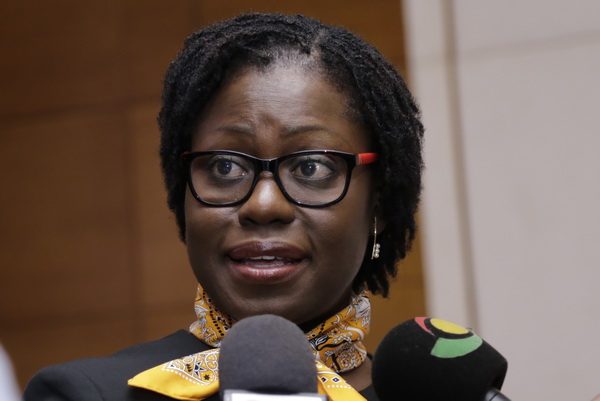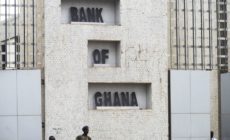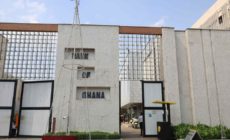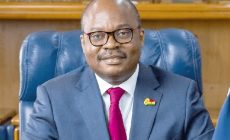Bank of Ghana stands by recapitalisation deadline
- Posted on
- Comment
 In spite of concerns raised by some banks on the directive by the Bank of Ghana (BoG) to them to raise their minimum paid-up capital to GH¢400 million by December this year, the central bank says its decision still stands and, therefore, it expects all banks to meet the requirement by the deadline.
In spite of concerns raised by some banks on the directive by the Bank of Ghana (BoG) to them to raise their minimum paid-up capital to GH¢400 million by December this year, the central bank says its decision still stands and, therefore, it expects all banks to meet the requirement by the deadline.
At a breakfast meeting for chief executive officers and other senior management members of banks in Accra Tuesday, the Second Deputy Governor of the BoG, Mrs Elsie Awadzie, said although the central bank was aware of a petition by some indigenous banks for the central bank to extend the recapitalisation date to 2023, “the BoG directive still stands and we expect all banks to meet the requirement by December 2018”.
“President Nana Addo Dankwa Akufo-Addo has set up a committee with key stakeholders to explore ways in which indigenous banks can be supported, but that has nothing to do with the directive,” she added.
Essence of meeting
The breakfast meeting, which is the first in the year, was organised by the central bank to provide a platform for the regulator and the banks to deliberate on key issues affecting the industry.
It was attended by members of the Ghana Association of Bankers (GAB), the umbrella body of banks in the country, board members of some banks, as well as private sector players with interest in banking and finance.
According to Mrs Awadzie, who is in charge of banking supervision, the central bank’s analysis had shown that the banks needed to raise their capital requirement to cater for currency depreciation, inflation and large write-offs resulting from strong non-performing loans (NPLs) over the years.
She said the fresh capital injection would also ensure that banks were liquid and resilient enough to survive on their own funds, rather than virtually depending on the BoG’s emergency liquidity support.
Racing against time
In view of the fact that banks are racing against time to meet the BoG’s December 2018 recapitalisation deadline, it was obvious that issues to do with the central bank’s directive and its aftermath would take centre stage at the meeting.
All the participants, as well as the Second Deputy Governor and the President of the GBA, Mr Alhassan Andani, touched on how and why banks should or should not be recapitalised, the appropriate time frame for that capital-raising exercise and the relevance of a petition by a group of indigenous banks seeking reprieve from the Presidency to enable them to recapitalise in stages over the next five years.
While everyone agreed with the need to recapitalise banks, participants were divided on the amount and the time frame that was most appropriate for that exercise to be carried out.
The Board Chairman of The Royal Bank, Professor Bill Buenar Puplampu, said banks interested in servicing businesses in the small and medium enterprises segment of the economy needed to be spared the hassle of raising huge capital that might not be relevant to them.
He, like those advocating a reduction in the new minimum capital and an extension of the date, thus asked the BoG to reconsider its position on the recapitalisation.
In response, however, Mrs Awadzie indicated that such a stance was ill-informed.
“We have had a period of about two years of engagement with stakeholders. There were, indeed, others who felt that the minimum capital should go up to about GH¢600 million, but we carefully calibrated the level at GH¢400 million as the barest minimum.
“From our analysis, every bank, irrespective of what it does, requires this amount to even survive and not to depend on our liquidity support because that is what some are doing basically,” she added.
On the view that some SMEs were considered the riskier set of clients to lend to, Mrs Awadzie noted that it was not true that banks interested in serving such businesses would not need huge capital.
“We all know that the SME sector is perhaps even riskier and that requires even more bank capital to ensure that you are provisioning for these risks,” she said.
Mr Andani thanked the central bank for the opportunity provided participants and pledged to work together to help sustain the resilience in the industry.
-Graphic










 (Selorm) |
(Selorm) |  (Nana Kwesi)
(Nana Kwesi)